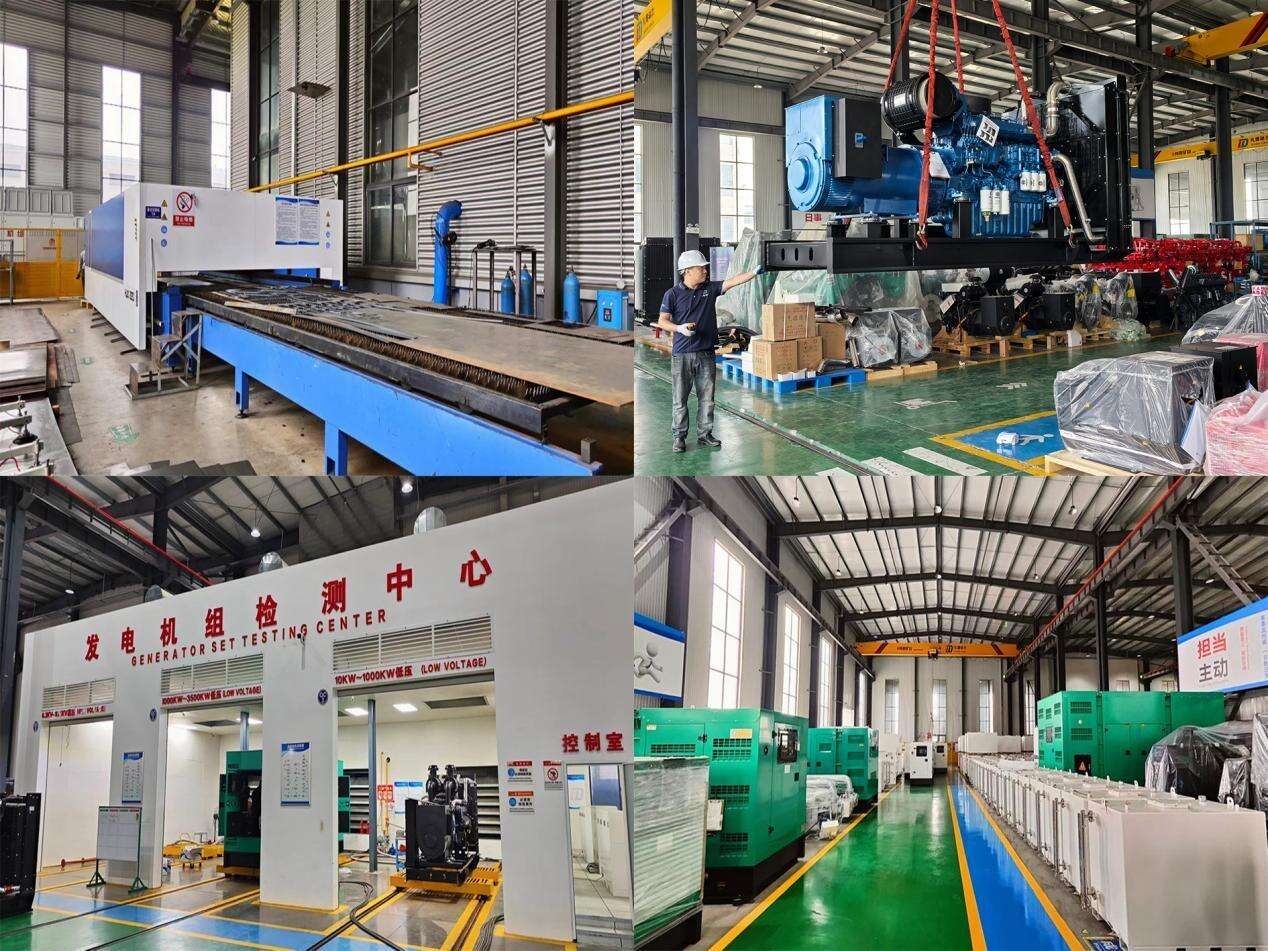Difficulty in Starting the Generator
For natural gas generators, difficulty starting up can lead to the generator being unable to supply the required power. Starting difficulties can often be attributed to insufficient gas pressures and clogged fuel injectors.
Having low gas pressures means that the generator engine will receive low fuel amounts and cause the engine to not ignite. This can be checked using a pressure gauge on the fuel line. If the gauge reading is lower than the recommended value, check the gas pipelines and look for gas leaks, blockages, or kinks in the line. You may also need to check the pressure regulator, as it controls the gas flow and may need an adjustment or replacement.
Fuel injectors may also be clogged or dirty. Over time, injectors can get dirty and build up with dust and small impurities in the natural gas, making the injectors uneven in their fuel deliveries. The most efficient method to fix this is to use a natural gas generator fuel system cleaner. Follow the cleaner's instructions to run it through the system, and it will dissolve the dirty clogs. Using fuel system cleaners will also prevent future clogs.
Unstable Power Output
Another issue users encounter with natural gas generators is unstable power output. This is primarily because of unstable power leading to potential damage to highly sensitive equipment such as computers or generators and medical devices attached to them.
Load imbalance is the most common cause of unstable power. Loads such as air conditioners and industrial motors are high power devices that, if attached to the generator all at once, will put excess strain on the generator engine. This will cause the engine to drop in power. This issue can be solved by load management. This can be achieved by prioritizing essential devices and running high power appliances independently. Load monitors can be implemented to assist power management.
Faulty voltage regulators will also cause unstable power. The voltage regulator keeps the output voltage at steady levels. To solve this, turn the generator and all attached loads off. Then, check SWI of the voltage regulator with a multimeter. SWI readings will determine if the regulator needs to be swapped with a compatible SWI for the generator model and the power levels will be stabilized.
Excessive Noise During Operation
When a natural gas generator creates excessive noise, it can really bother residents and people who work nearby. Some noise is to be expected. However, loud, sudden changes in noise levels may indicate a problem.
Loose generator parts may cause this problem. Over time, generator vibrations can loosen nuts, bolts, and other cascading parts. Turn off the generator and do a careful visual inspection. Look for loose parts in the engine mounts and exhaust system, and around the generator casing. Use the right tools to tighten loose parts, but do not overtighten parts to the point of damage.
Generators with damaged mufflers will also create excessive noise. Mufflers work by reducing noise from the exhaust system. Mufflers that are cracked, rusted, or damaged internally will not work well and need to be replaced. Look for worn parts and replace mufflers. Finally, you can also reduce noise by adding a soundproof enclosure that has proper ventilation to prevent overheating.
High Fuel Consumption
High Fuel Consumption can indicate a problem with your generator's efficiency. This is a concern for any user with a natural gas generator. Issues will range with operational costs and with a poor performing generator. The first issue and one of the most common is a dirty air filter.
The air filter is designed to keep dust and other debris from the engine. While the air filter is doing its job, it will get clogged and the engine will pay the consequence. If the generator is deprived of air that is needed for combustion, the generator will utilize more fuel. The problem can be resolved at little no cost by checking the air filter. An air filter can be reused and cleaned with compressed air. Disposable air filter can also be purchased.
Inefficient engines can also contribute fuel waste. Older natural gas generators may need an engine upgrade. If your generator is older than ten years consider buying a new one. Modern generators come equipped with variable speed control engines. These engines adjust the engine speed based on the load to save fuel. Also, wasting fuel can be avoided by making sure your generator is the perfect size for your needs.
Emission Issues
For users of natural gas generators, there are environmental issues that arise. Each region has unique laws and regulations surrounding emissions. The emission of nitrogen oxides, carbon oxides, and particulates from your generator could violate laws and regulations and damage the environment.
The most common reason emissions regulations are violated is the incorrect fuel-air mixture. If there is too much fuel or not enough air, or vice versa, the result will be incomplete combustion. Each generator comes with either a carburetor or fuel injection system that allows users to change the fuel-air mixture. Be sure to consult the generator’s manufacturer’s manual to avoid generator malfunction.
Spark plugs can cause problems with emissions. A spark plug ignites a fuel-air mix. A spark plug with carbon buildup won’t create a strong enough spark. This will cause incomplete burning of fuel and higher emissions. The fix is to remove the plug and clean it with a wire brush. If the deposits are excessively thick, and the plug is used up (check for eroded electrodes), it will need to be replaced with one that meets the manufacturer’s recommendations. Emissions are helped when intervals of spark plug maintenance (checking every 50-100 hours of operation) are kept.


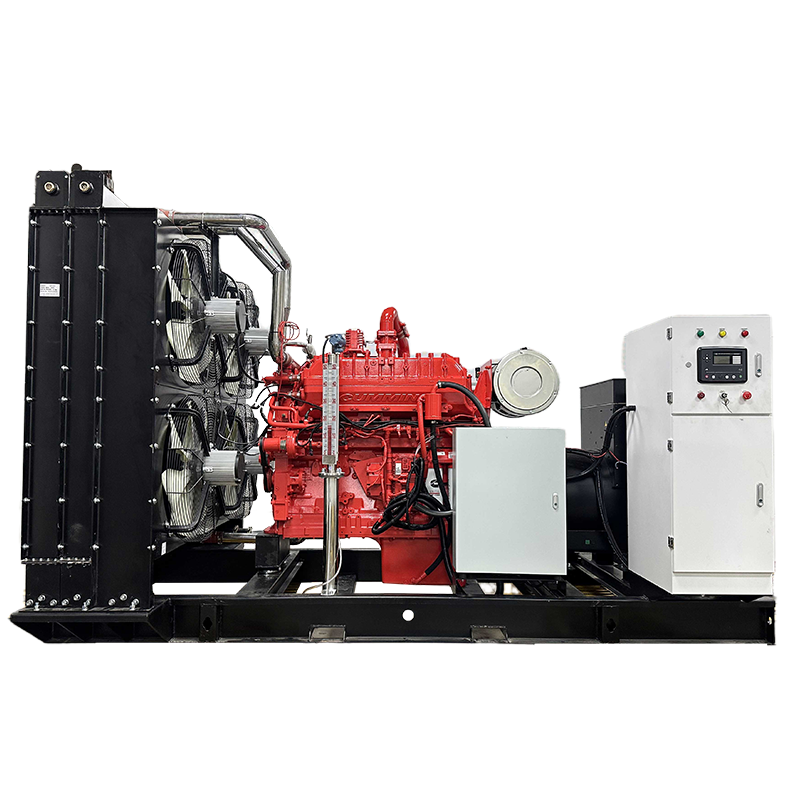
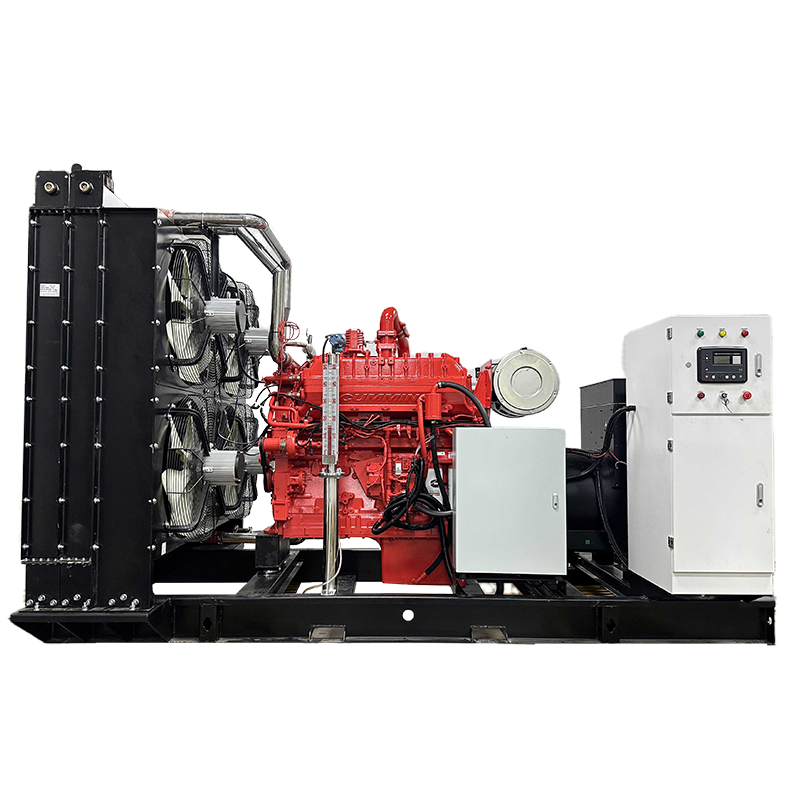
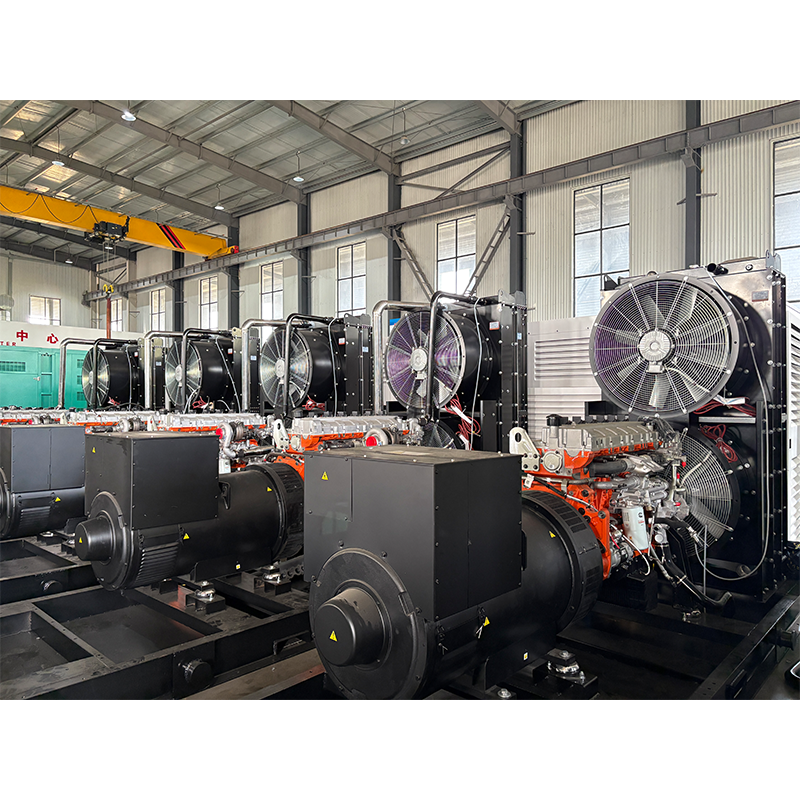
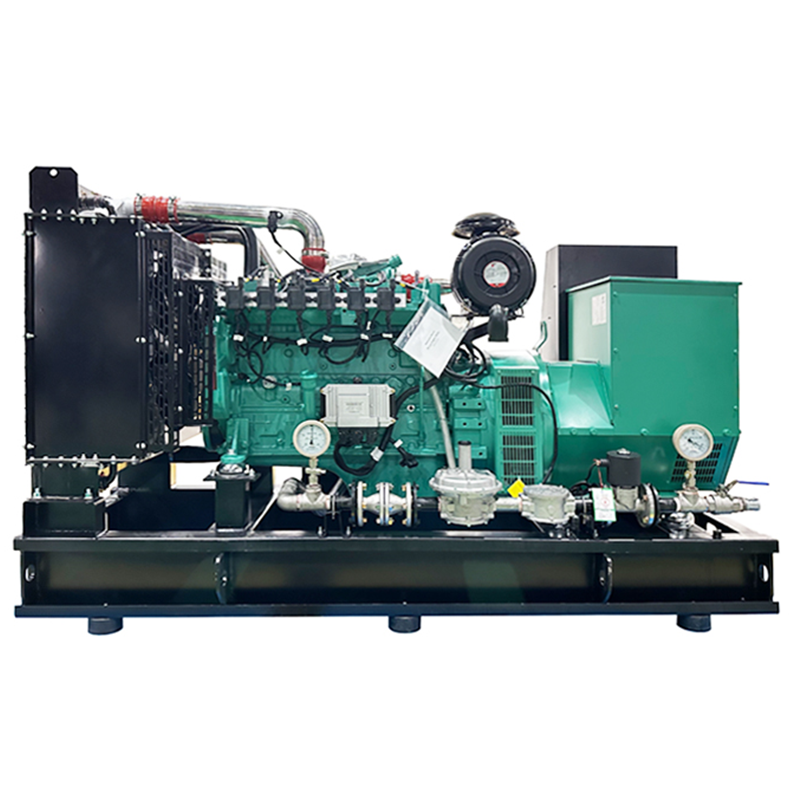
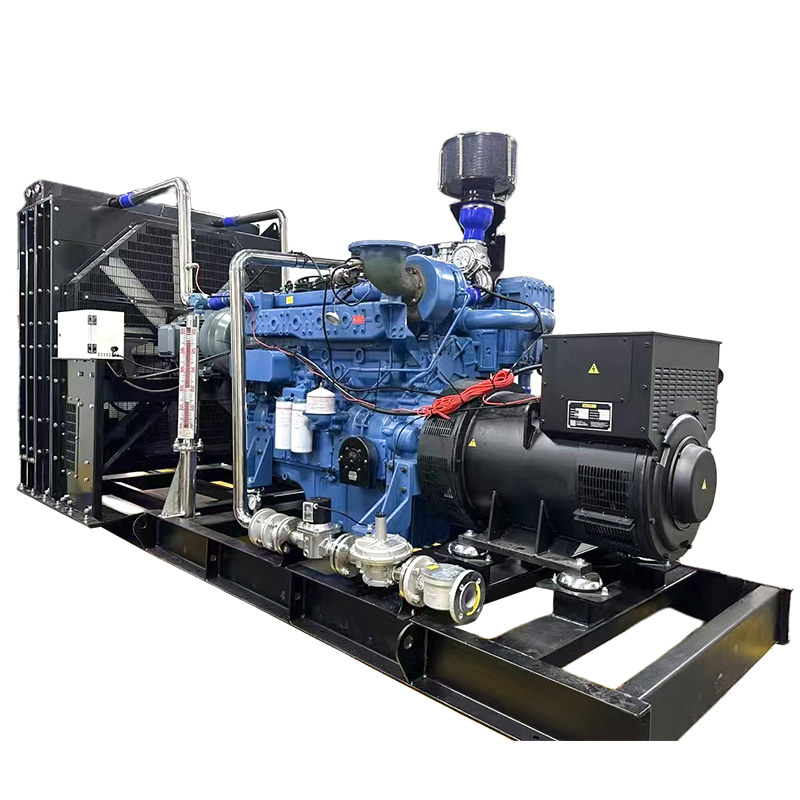
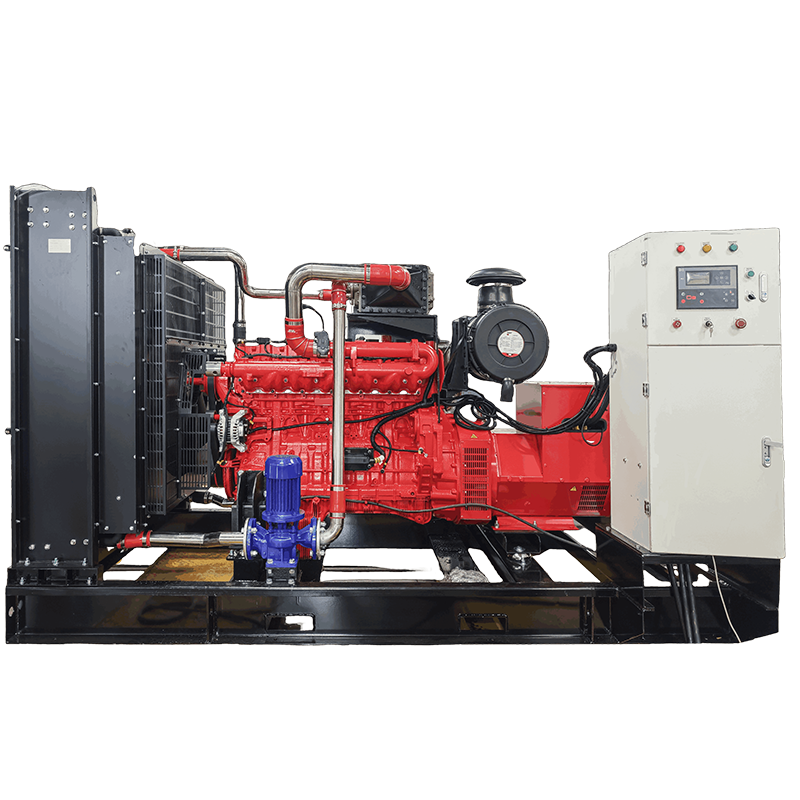
 Hot News
Hot News